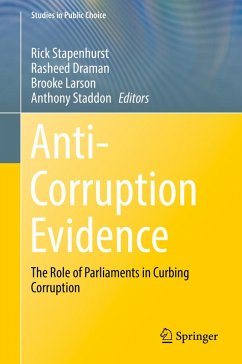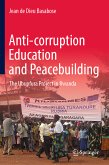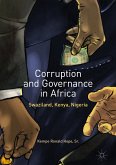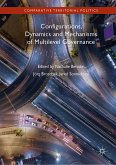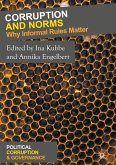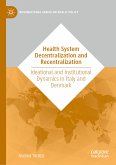This book discusses parliamentary oversight and its role in curbing corruption in developing countries. Over the past decade, a growing body of research at the global and regional levels has demonstrated that parliamentary oversight is an important determinant of corruption and that effective oversight of public expenditure is an essential component of national anti-corruption strategies and programs. However, little research has been undertaken at the country level regarding how parliamentary oversight is undertaken, which oversight mechanisms are effective or on how national parliaments interact with other anti-corruption stakeholders. This book presents the results of a new large-scale, quantitative analysis which identifies the mechanisms through which institutional arrangements impact corruption, specifically through country case studies on the Caribbean region, Ghana, Myanmar, Nigeria, Tanzania, and Uganda. Addressing a gap in scholarly knowledge while presenting practical policyadvice for parliaments and for anti-corruption assistance agencies, this book will be of use to scholars interested in development, anti-corruption, public finance, as well as members of parliament, anti-corruption practitioners, and organizations working in parliamentary strengthening.
Dieser Download kann aus rechtlichen Gründen nur mit Rechnungsadresse in A, B, BG, CY, CZ, D, DK, EW, E, FIN, F, GR, HR, H, IRL, I, LT, L, LR, M, NL, PL, P, R, S, SLO, SK ausgeliefert werden.

